The seven papers included in the first part of this volume cover diverse themes, and pertain to the different coastal regions of India where the Portuguese established themselves as conquerors, traders, settlers, adventurers and missionaries in the sixteenth and seventeenth centuries. The first essay examines the nature of social urbanism and the growth of the Portuguese city of San Thome, which was an important commercial cum religious centre in the Coromandel region during the period under review. The next essay studies aspects of agricultural production, particularly the cultivation of pepper in the Malabar region, which was a pivotal zone of Portuguese presence and their commercial activities. The third article focuses on the the role of the Portuguese in deltaic Bengal and the Arakan region where several important trade centres such as Chittagong and Hughli grew up due to the initiative of the Portuguese. The fourth paper examines the nature of responses by local society to the propagation of Christianity by the Portuguese Catholic Church in coastal western India, particularly the Goa region. The following paper focuses on the problems faced by the Society of Jesus in its functioning. It examines the changing role of the Jesuits, their Indianization and the decline of the Estado da India. The penultimate paper examines the role of ecclesiastical establishments such as the bishoprics and the misericórdia in India, as components of the overall Portuguese oceanic enterprise. The seventh and last paper pertains to the existential crisis faced by the Portuguese from the mid-seventeenth century onwards following the conquest of Portuguese settlements by the Dutch Company in the Coromandel Ceylon macro-region. It examines the emergence of the English town of Madras as a key area of settlement for the displaced Portuguese, and their emergence as a large and important segment of its population as soldiers, traders and settlers, while retaining their Portuguese Catholic identity. The second part of the book comprises the translated texts of three valuable contemporary sources (letters, representations, reports) pertaining to different regions of Portuguese India.
New Trends in Education
$44.10
$49.00

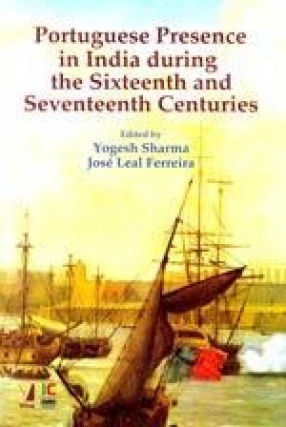
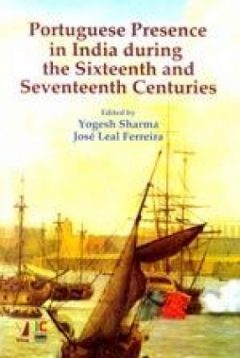
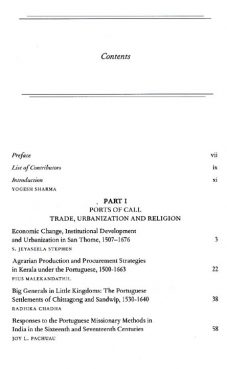
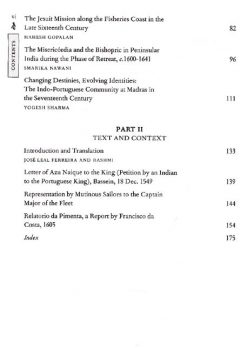

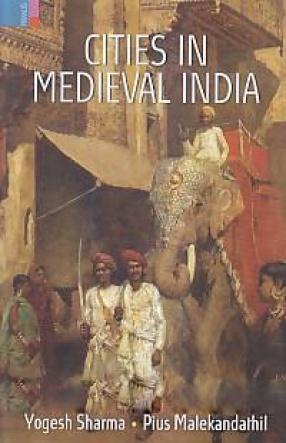
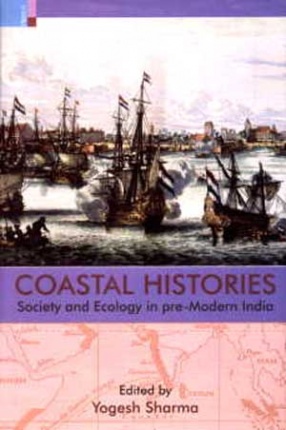
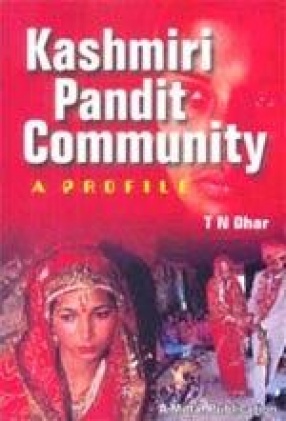
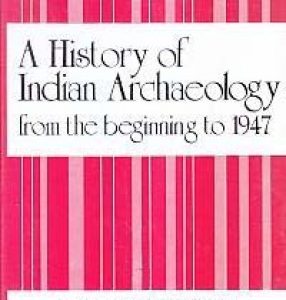
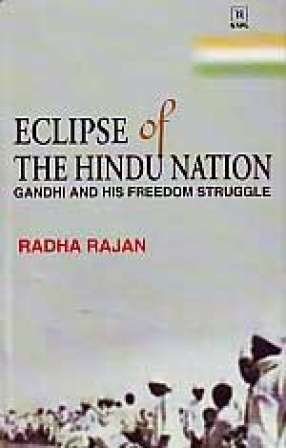
There are no reviews yet.